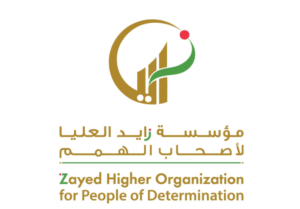Qatar’s Progressive Genetic Screening Aims for Healthy Offspring

Doha, The Gulf Observer: Qatar has taken a groundbreaking step in promoting family health by implementing genetic screening for potential spouses. This initiative enables the identification of hereditary diseases that may be inherited by their children, allowing for early intervention measures to prevent or mitigate the impact of such conditions.
Dr. Sahar Da’as, Laboratory Manager of the Zebrafish Facility at Sidra Medicine, a member of Qatar Foundation (QF), explained that the genetic screening for potential spouses is part of pre-marital medical tests, which are mandatory in Qatar. These tests include identifying potential genetic mutations that may affect the health of future children.
In case of unfavorable results, couples are advised to undergo in vitro fertilization with early screenings to prevent the development of genetic mutations in the offspring. Pregnant women in Qatar also receive various tests in the early stages of pregnancy, including blood tests, foetal examinations through ultrasound imaging, and amniotic fluid testing.
Dr. Da’as highlighted two methods of early intervention to correct genetic mutations. The first involves in utero procedures, such as surgical intervention or gene therapy, and the second involves genetic intervention outside the womb, either through somatic genome editing or stem cell transplantation.
Despite the promising results in precision medicine and genetic therapy, Dr. Da’as emphasized that much of these interventions are still in the experimental stages. Scientific research is ongoing to enhance the understanding of rare medical cases and improve human disease diagnosis.
While genetic testing is encouraged by religious scholars in the pre-marital stage to inform individuals about potential health conditions their children may have, ethical aspects and boundaries cannot be ignored. Dr. Mohammed Ghaly, Professor of Islam and Biomedical Ethics at QF’s Hamad Bin Khalifa University, emphasized the importance of a robust ethical framework for the utilization of genetic technologies to ensure their safe and responsible application.
The move towards genetic screening in Qatar reflects a commitment to the health and well-being of future generations, with a focus on informed decision-making and early interventions to address hereditary diseases.


